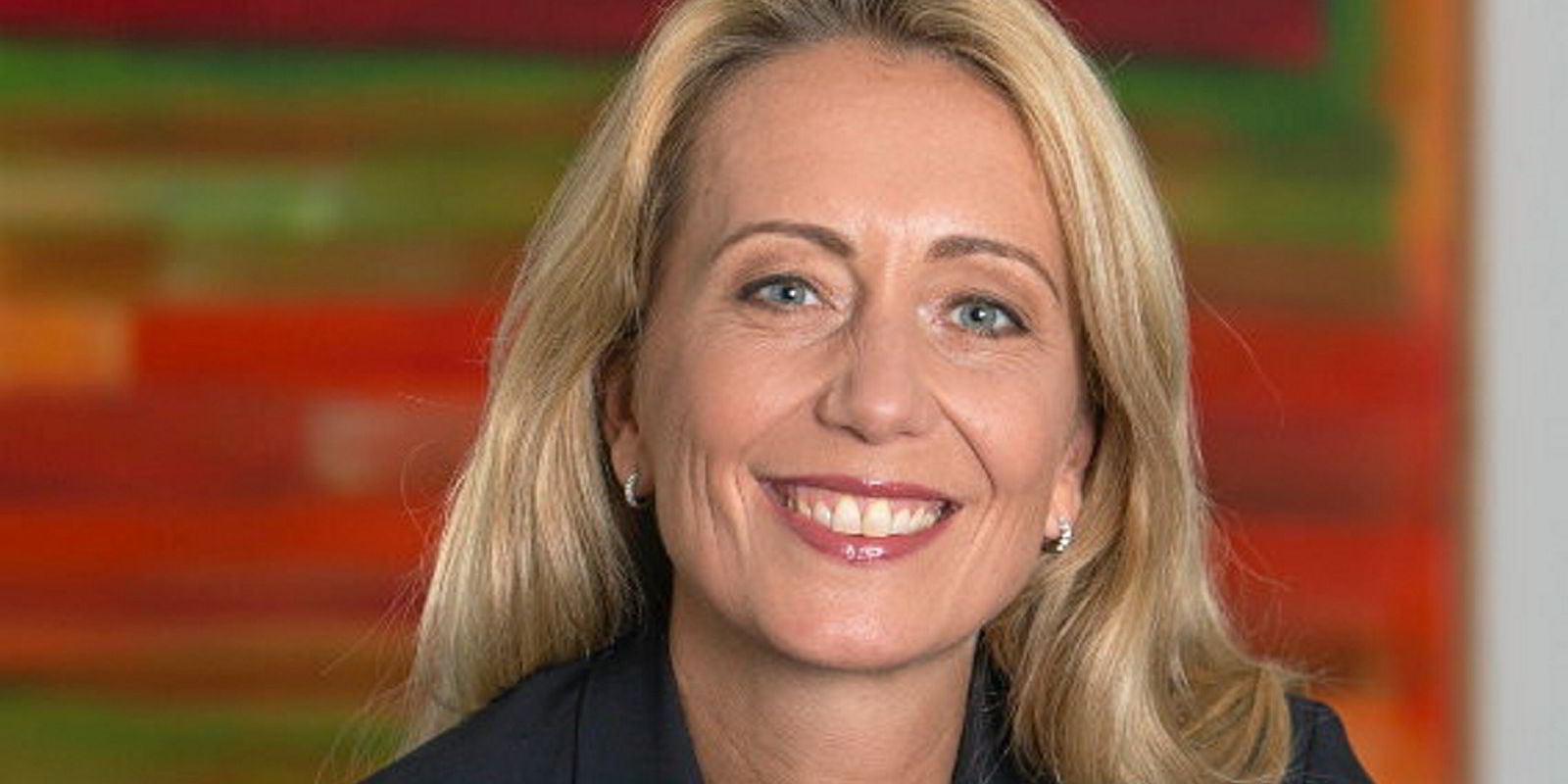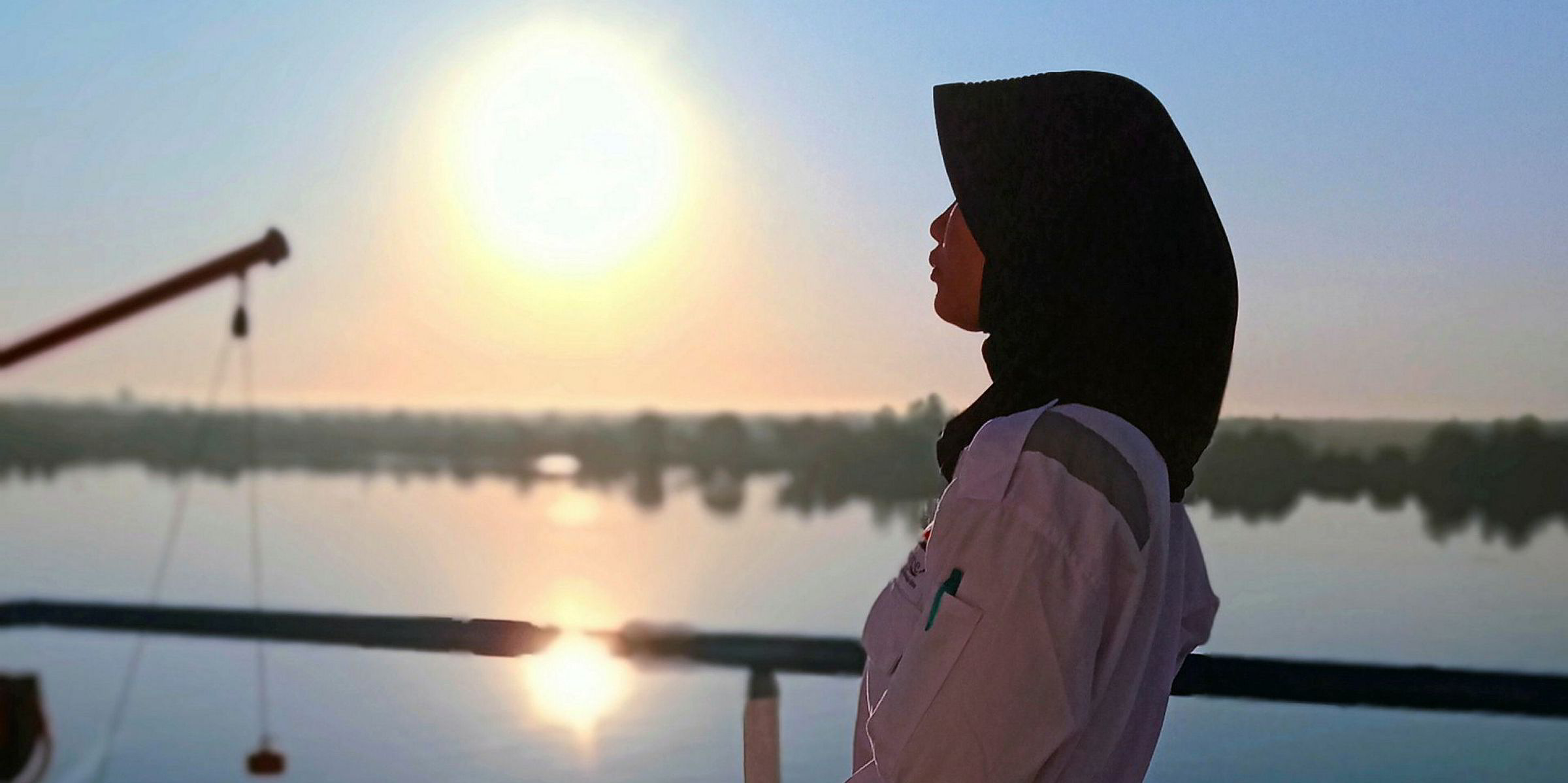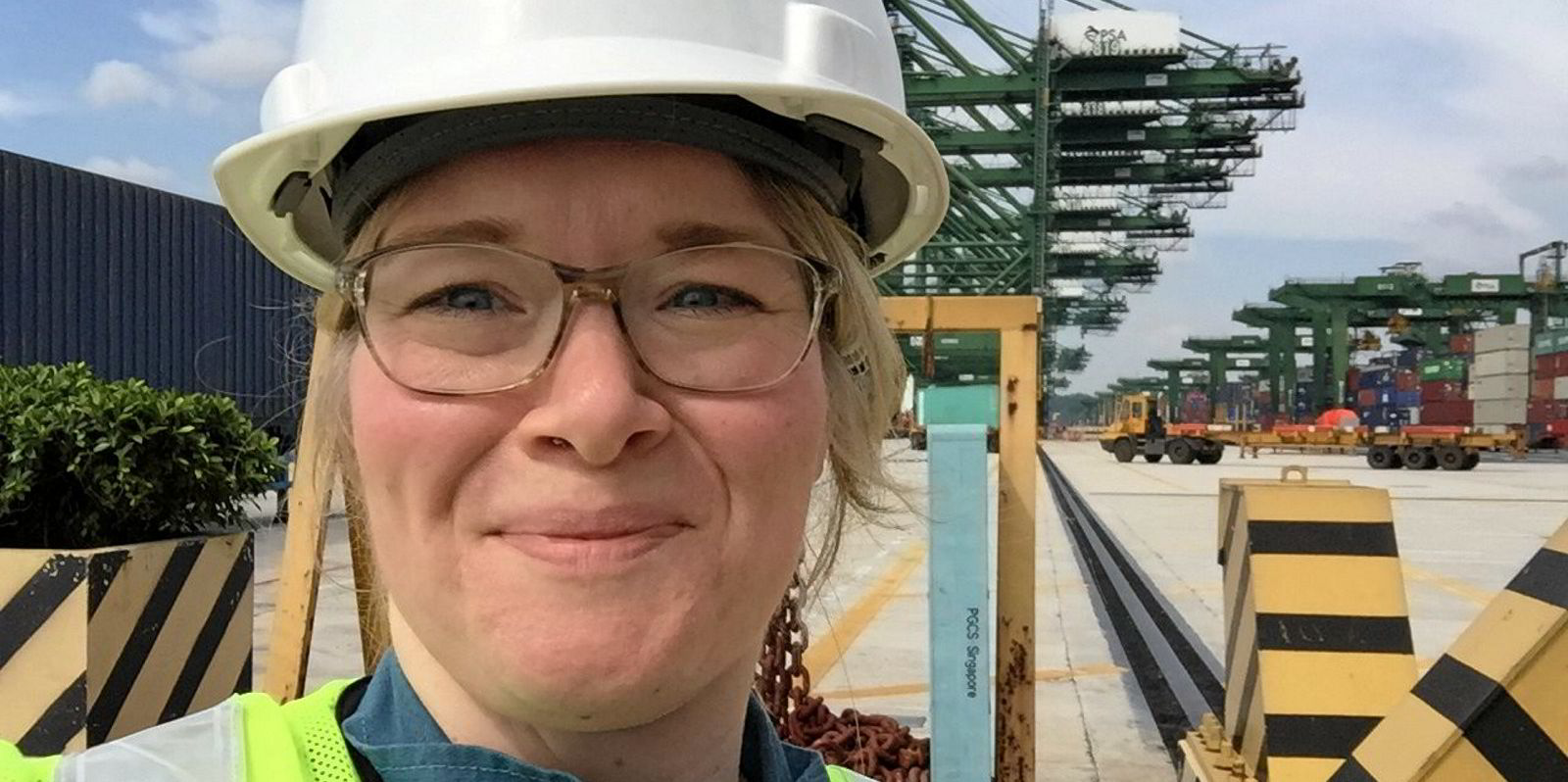Executive recruitment firm Amrop is launching a global team of maritime headhunters, with industry veteran Esben Poulsson playing a key advisory role.
The new shipping practice will be headed by Christian Reich and Peter Poulsen from Amrop’s Copenhagen office and Thomas Hofer in Singapore, where Poulsson is also based.
Recruiters in the partnership’s Amsterdam, Hamburg, Hong Kong and Oslo offices will also take part, including Amrop’s Hamburg-based group chair Annika Farin, who told TradeWinds she is just starting a search for a shipping client — “a traditional company, not so flamboyant”, she said.
Hofer expects the eight-person team to make about 40 placements a year in shipping executive positions, ranging from chief executive to “C minus one and C minus two” positions.
“Within Amrop we have a dedicated group of maritime experts, and we decided it was time to pool them together,” he told TradeWinds.
The headhunting partnership has made maritime industry placements before. Hofer declined to identify the companies, citing the discretion clients demand in “replacement situations”.
Farin said the group’s engagement with shipping has varied over the past 10 years or so, in keeping with the cyclical nature of the industry.
“But we found that it was no longer appropriate to look at shipping on a country-by-country basis but as a global team,” she said.
Advisor Poulsson is already chairman of the International Chamber of Shipping (ICS), board member of several shipowning companies and an occasional contributor to TradeWinds.
“As an elder statesman in the industry, his input is of great value to us in discussions we have within the group,” said Hofer, a Singapore-based recruiter who will be part of the team.

Poulsson underscored that he is not compensated in the role and is not an employee.
“The other team members are headhunters. That’s what they do. I am happy to lend a hand as an external advisor,” he told TradeWinds.
Not the fastest industry when it comes to change
Hofer said the reason for setting up a maritime headhunting platform now is not that Amrop expects any greater volatility in shipping executive suites. Rather, it thinks companies need outside help breaking out of traditional habits as they confront new kinds of challenges.
“Shipping executives are the first to admit that shipping is not always the fastest industry in adapting to change,” he said. “They tend to go back to the old traditional model of recruiting someone who started his career as a master and came ashore to work in the industry.”
But he believes there need to be fresh ways to source talent that can address new challenges, such as sustainability and digital technology.
“There are some roles where you need deep industry experience. But why can’t a shipping CFO or a human resources or business development officer come from a different industry?” asked Farin, who was head of human resources for German coffee retailer Tchibo before her headhunting career.
Clients frequently ask recruiters to help them address diversity issues, said Hofer, and he believes sourcing executives from outside the industry will eventually contribute to greater diversity in the leadership of shipping companies, especially gender diversity.
But not immediately.
“It is not unusual for clients to say, ‘Bring me a female’. But that is often difficult, not because we are unable to find them but because they simply aren’t there,” he said. “This is not something that’s going to change in the short term. It needs a few years.”
He pointed to the lack of women in maritime cadet programmes as one reason shipping needs to reach outside the industry to achieve diversity in executive recruitment.
Farin said another route to gender diversity is by taking a more creative approach to internal candidates for promotion to the top.
“It is super important to look for and appropriately develop talent,” she said. “Increasingly, over the last 10 years, clients have asked us to help with bespoke programmes to create a dialogue with women within the organisation.”







